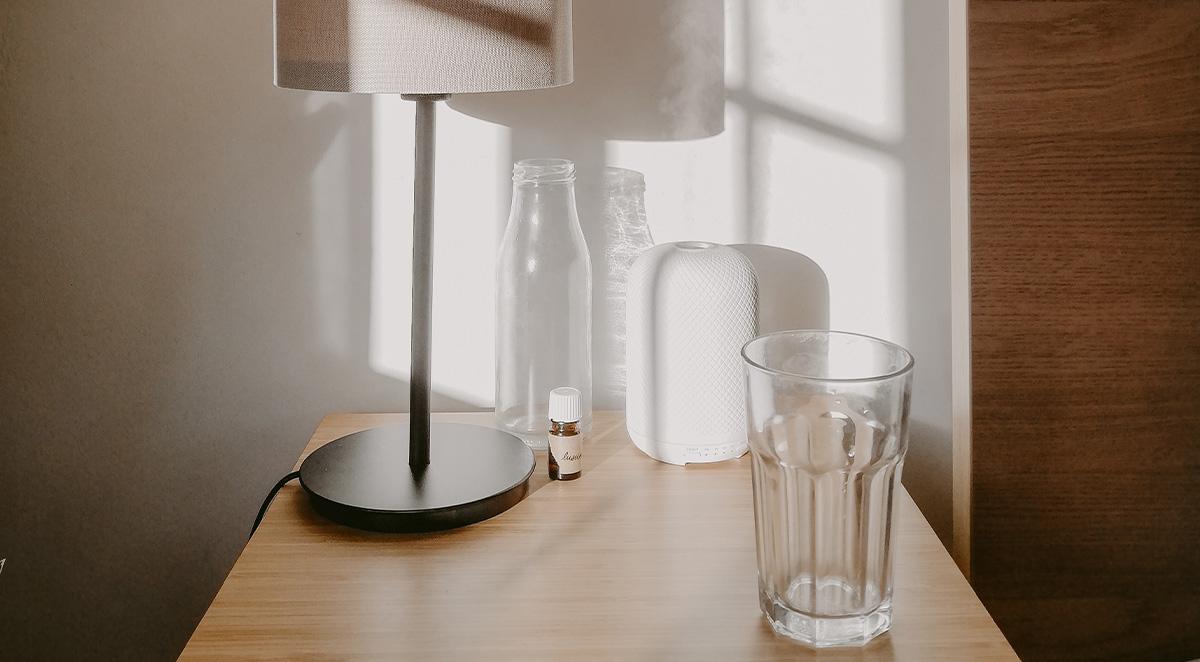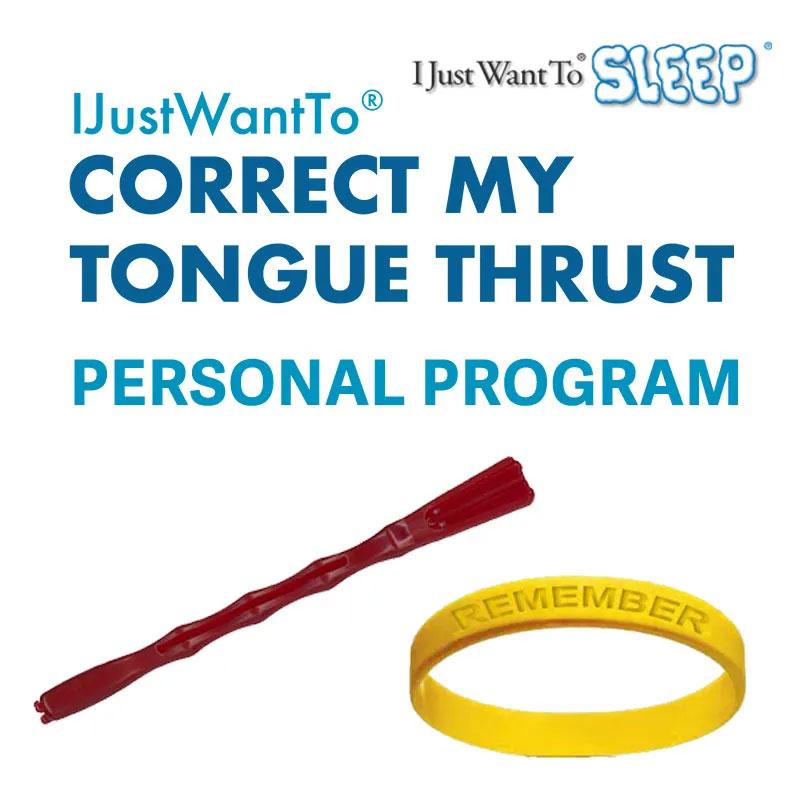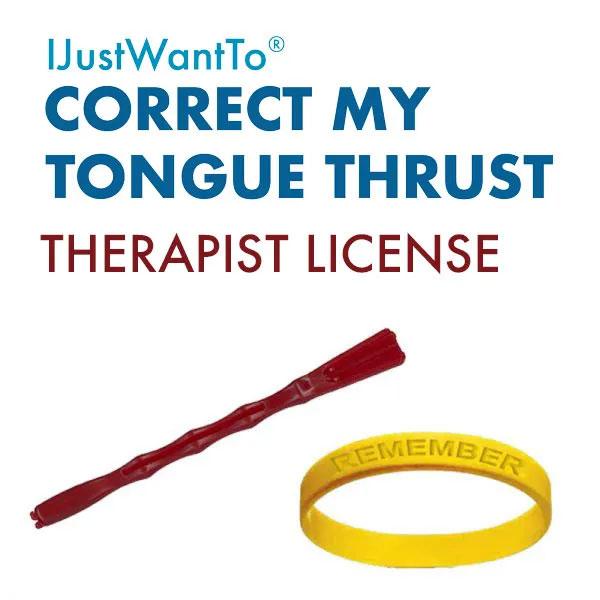In a sense, saliva performs some self-cleaning functions within your mouth. Your mouth has its own little ecosystem. Saliva keeps harmful bacteria from building up in your mouth. But as your mouth dries out or other imbalances occur, these bacteria build up in the mouth and begin to decay, causing unpleasant tastes and foul odors at the very least.
Some of the side effects for your health if you have a dry mouth include:
- Bad breath
- Difficulty speaking, chewing, or swallowing
- A change in or difficulty tasting
- Increased risk of infections and sores
And these are just the immediate symptoms. The longer a dry mouth goes on without intervention, the greater your individual risk of tooth decay. During the day, we can consciously take steps to combat dry mouth, but at nighttime, when we sleep, managing dry mouth becomes more difficult. But you aren’t alone.
Why We Wake Up with Dry Mouth
The reasons why you wake up with a dry mouth can be varied. It is estimated that around 20% of the population suffers from sleep-related dry mouth with some regularity. Some of the most common causes of morning dry mouth and sore throats include:
- Being dehydrated
- Side effects from medications
- Dry air that lacks appropriate humidity
- Breathing through your mouth during sleep
The steps to address many of these are reasonably straightforward.
First, make sure to stay hydrated throughout the day, as this will help saliva production while you sleep. Some other helpful tips are to keep a glass of water at the bedside so that if you wake up and notice a dry mouth, you can rehydrate quickly. Another tip you can implement is to chew sugar-free gum right before bed to give yourself a boost in saliva production.
Medication side effects, regardless of whether they are from prescription drugs, over-the-counter medications, or a supplement, can be reviewed by your doctor or pharmacist. Do not cease any necessary medication just for dry mouth, but if you notice it becoming a chronic issue, definitely bring it up at your next appointment. There may be an alternative or a change in your schedule that can lessen the effects.
If you think dry air at night may be your culprit, invest in a simple humidifier for your bedroom. You don’t need to run it all day, just at night, to keep your air conditioned appropriately.
The final leading cause of nighttime dry mouth is breathing through the mouth while sleeping. It is the most difficult of the four to track down a cause so let us look at mouth breathing a little closer.
What Causes Nightly Mouth Breathing
Breathing through our mouths is an automatic response by our body when some obstruction partially or fully blocks our nasal airway.
The underlying causes of mouth-breathing all center around this difficulty. Nasal congestion is the most common condition that triggers the response to breathing through the mouth that people experience at some point in their life, either from allergies, a cold, or a sinus infection. But other causes of a blocked nose are:
- Stress or anxiety
- Enlarged adenoids, turbinates, or tonsils
- Deviated septum
- Nasal polyps
- Sleep apnea
- Deformities of the nose or jaw
- Tongue thrust
While allergies and infections are easy to manage and clear up with medications, other causes of mouth breathing are more challenging to address.
Preventing or Fixing Nightly Mouth Breathing
If you suspect you are not regularly breathing through your nose at night or during the day, you need to bring it up with a healthcare professional. For issues caused by physical obstructions within airways, such as a deviated septum or enlarged adenoids, turbinates, or tonsils, your primary course of action to prevent mouth breathing may be surgical.
However, if you breathe through the mouth more out of habit, stress, or tongue thrust, you have other preventative measures open to you for addressing mouth breathing at night.
- Wear a nasal strip or other devices to keep nasal passages open
- Sleep on your side instead of your back
- If you need to sleep on your back, use a pillow to ensure your head and upper back are elevated between 30-60 degrees
- Focus on good sleep hygiene practices
If your mouth breathing is accompanied by habitually resting the tongue against or between teeth, thumb-sucking or nail-biting, a lisp, or dental misalignment, it may be caused by tongue thrust. Simply put, tongue thrust is the pushing of the tongue against the teeth while swallowing or at rest.
Most people with a tongue thrust breathe through their mouth while sleeping and awake. But when we sleep and cannot consciously breathe through the nose, bad habits and tongue thrust symptoms are most evident.
Better Sleep with Tongue Thrust Therapy
If you think you or a loved one may be experiencing nighttime dry mouth because of a tongue thrust, don’t worry. In most cases, it can be remedied with tongue exercises that will help you form a more natural tongue and swallowing motion. Our program, IJustWantTo® Correct My Tongue Thrust, has helped many people achieve a better night's sleep by reducing airway obstruction.
For more information on this simple program, you can visit our store page and send us a question. Just a few simple exercises practiced for 5 to 10 minutes a day can give you a better, more restful sleep in just seven weeks. You’ll be able to wake up again without that dry mouth and scratchy throat.



